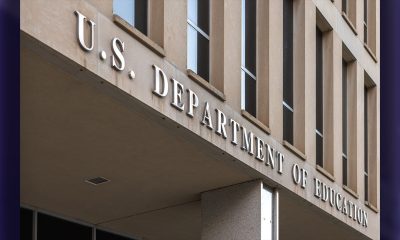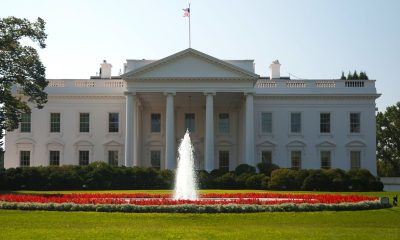Bay Area
East Oakland Fire Brings the City’s Struggle with Homelessness Into Light
Just after midnight on July 24, 2021, an empty warehouse in the Melrose District of East Oakland caught fire; by 12:30 a.m. the structure was engulfed in flames, the intense heat snapping power lines and causing nearby transformers to blow, leaving nearly 1,500 customers without power.
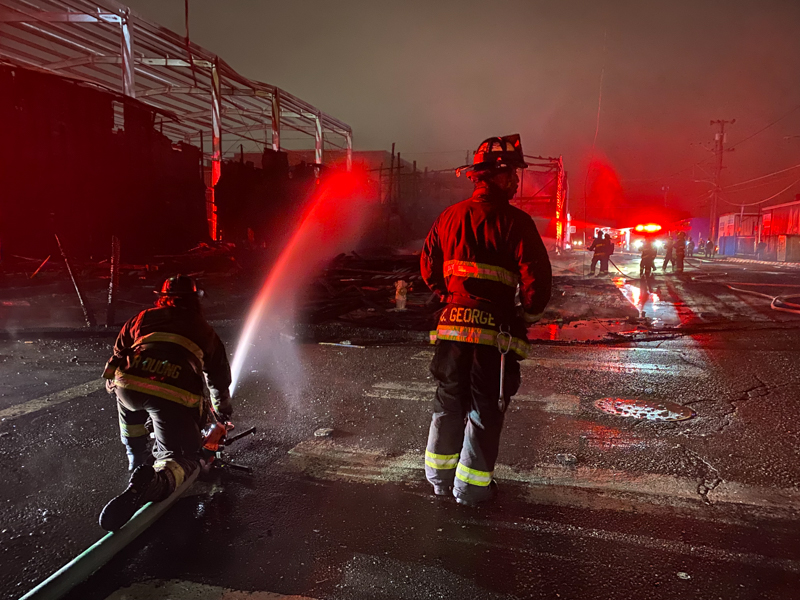
Just after midnight on July 24, 2021, an empty warehouse in the Melrose District of East Oakland caught fire; by 12:30 a.m. the structure was engulfed in flames, the intense heat snapping power lines and causing nearby transformers to blow, leaving nearly 1,500 customers without power.
Days before the fire, a homeless encampment with a few tents were pitched up against an outside wall of the wood warehouse, according to a resident of the neighborhood.
Early Sunday morning, just before 1 a.m. an alert of a structure fire went out on the Citizen app. Videos posted by citizens in Oakland showed different angles of a two-story structure on fire on the corner of 12th St. and 45th Ave near High Street.
According to an eyewitness account, the building was completely engulfed in flames at 12:30 a.m. Firefighters arrived on the scene at 12:40 a.m. and went to work on the flames, containing the fire to the warehouse and preventing it from threatening nearby buildings.
An apartment building next door was evacuated for a short time. One resident hosed down the roof as large embers threatened the building before firefighters arrived. Eyewitness video shows firefighters walking through a smoke-filled hallway of the apartment building.
Although the fire is still under investigation, an eyewitness to the fire and resident of the Melrose District, Franklin Avery, recounted his experience. “Two evenings ago, while walking my dog Roosevelt, I met up with Gerald, one of the street people I know…He confirmed my suspicion that one of the new tents that was placed on the sidewalk caught fire. He was there at the time, and he said that he tried to put it out by running across the street to the smog place to get buckets of water to throw at the blaze. Gerald said that the fire kept spreading because he couldn’t run back and forth fast enough.”
As Oakland struggles with a swelling homeless population, fires in encampments have tripled over the past 2 years, according to a KTVU article.
Garbage, hazardous materials, cooking equipment, generators, and illegal wiring have contributed to many of the fires throughout Oakland, adding pollution to the air and burnt out structures and cars dotting the landscape. Housed residents worry about keeping their homes safe from fire. What is the solution?
In 2019, Oakland opened its first 24/7 safe rv parking location for recreational vehicles. Today there are three sites open to the homeless with a fourth planned. Each site has power and plumbing. No fires have been reported at any of the sites to date. More resources need to be put into finding all the unhoused safe, sanitary living conditions.
Vice Mayor Rebecca Kaplan told The SF Chronicle “When RVs are parked in managed locations with proper utilities, they don’t tend to have fire problems.”
Information in this article is sourced from eyewitness accounts, Citizen app, KTVU, and The San Francisco Chronicle.
Activism
Oakland Post: Week of April 2 – 8, 2025
The printed Weekly Edition of the Oakland Post: Week of April 2 – 8, 2025
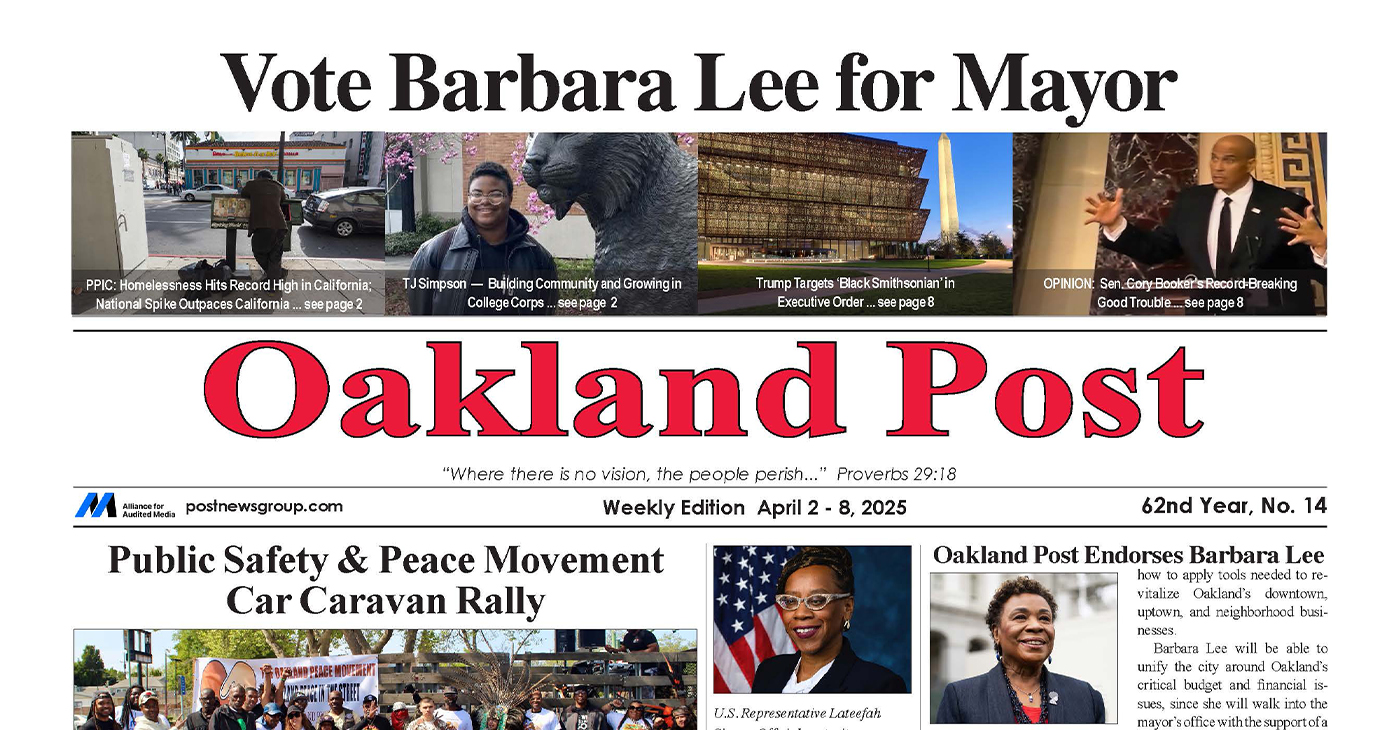
To enlarge your view of this issue, use the slider, magnifying glass icon or full page icon in the lower right corner of the browser window.
Activism
Oakland Post Endorses Barbara Lee
Barbara Lee will be able to unify the city around Oakland’s critical budget and financial issues, since she will walk into the mayor’s office with the support of a super majority of seven city council members — enabling her to achieve much-needed consensus on moving Oakland into a successful future.
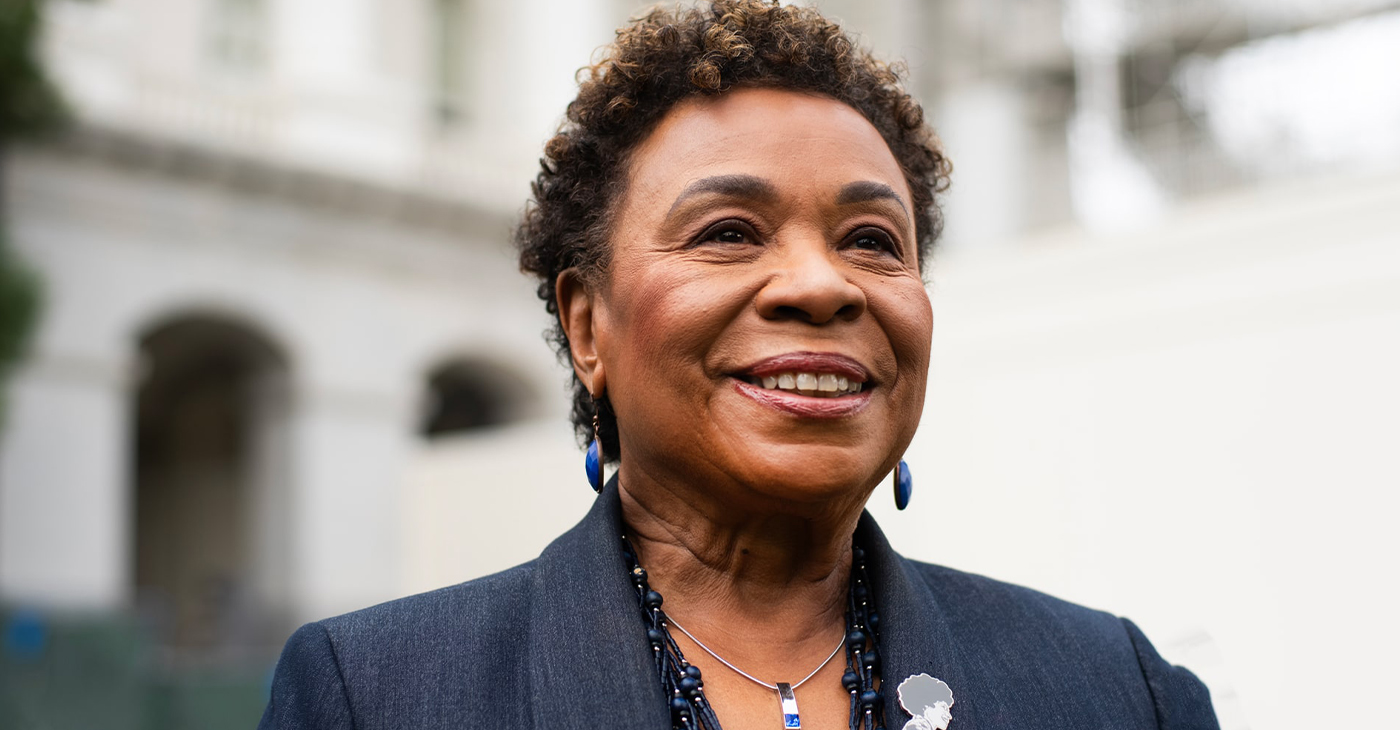
As we end the celebration of Women’s History Month in Oakland, we endorse Barbara Lee, a woman of demonstrated historical significance. In our opinion, she has the best chance of uniting the city and achieving our needs for affordable housing, public safety, and fiscal accountability.
As a former small business owner, Barbara Lee understands how to apply tools needed to revitalize Oakland’s downtown, uptown, and neighborhood businesses.
Barbara Lee will be able to unify the city around Oakland’s critical budget and financial issues, since she will walk into the mayor’s office with the support of a super majority of seven city council members — enabling her to achieve much-needed consensus on moving Oakland into a successful future.
It is notable that many of those who fought politically on both sides of the recent recall election battles have now laid down their weapons and become brothers and sisters in support of Barbara Lee. The Oakland Post is pleased to join them.
Activism
Oakland Post: Week of March 28 – April 1, 2025
The printed Weekly Edition of the Oakland Post: Week of March 28 – April 1, 2025

To enlarge your view of this issue, use the slider, magnifying glass icon or full page icon in the lower right corner of the browser window.
-

 Activism3 weeks ago
Activism3 weeks agoWe Fought on Opposite Sides of the Sheng Thao Recall. Here’s Why We’re Uniting Behind Barbara Lee for Oakland Mayor
-

 Activism4 weeks ago
Activism4 weeks agoSan Francisco Is Investing Millions to Address Food Insecurity. Is Oakland Doing the Same?
-

 #NNPA BlackPress3 weeks ago
#NNPA BlackPress3 weeks agoRev. Dr. Jamal Bryant’s Black Church Target Boycott Mobilizes 150,000
-

 Activism3 weeks ago
Activism3 weeks agoFaith Leaders Back Barbara Lee for Mayor, Criticize Candidate Loren Taylor for Dishonest Campaigning
-

 Activism4 weeks ago
Activism4 weeks agoOakland Post: Week of March 12 – 18, 2025
-

 #NNPA BlackPress3 weeks ago
#NNPA BlackPress3 weeks agoRecently Approved Budget Plan Favors Wealthy, Slashes Aid to Low-Income Americans
-

 Activism3 weeks ago
Activism3 weeks agoGroup Takes First Steps to Recall District Attorney Diana Becton
-

 Activism2 weeks ago
Activism2 weeks agoOakland’s Most Vulnerable Neighborhoods Are Struggling to Eat and Stay Healthy





